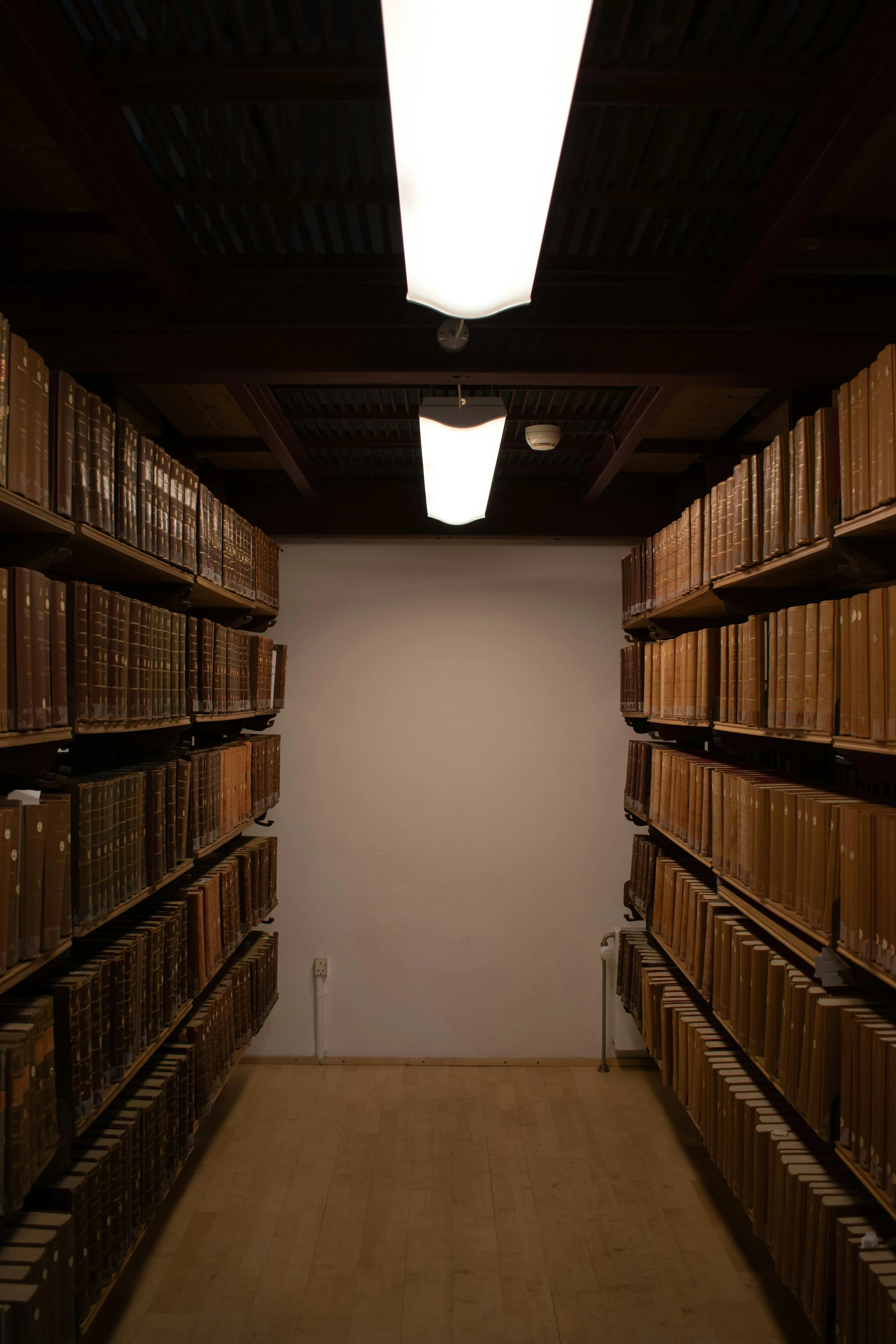Records are essential to every organization. Records can be in any form, including physical documents and electronic files.
Proper management and organization of records is crucial for any organization to function smoothly. Records provide evidence of the organization’s activities and help staff make informed decisions.













